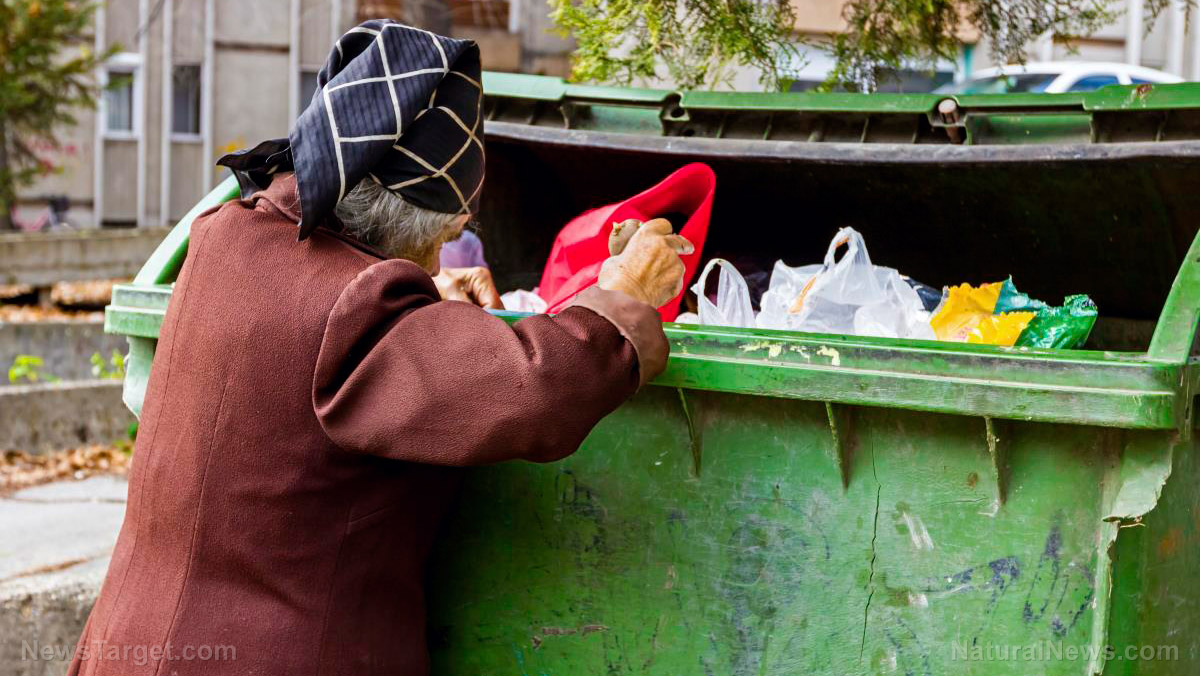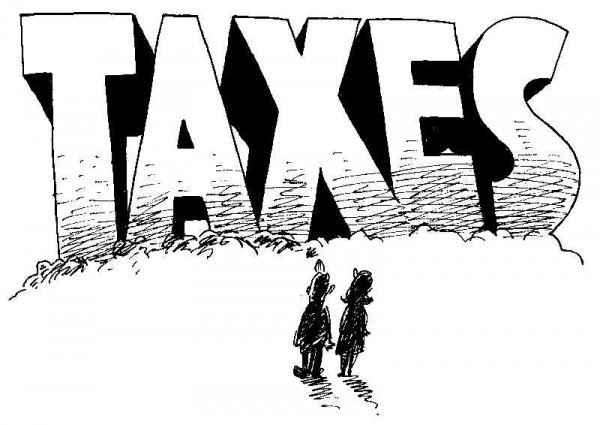Taxpayers forced to spend hundreds of millions on more inefficient ethanol
02/10/2016 / By usafeaturesmedia

(BigGovernment.news) Despite plenty of evidence that corn-based ethanol is not a very efficient or cheaper fuel alternative to straight gasoline, the federal government is poised to spend hundreds of millions of dollars of your tax money essentially doubling down on its previous bad policy.
In 2007 Congress passed and President George W. Bush signed the Energy Independence and Security Act, a flawed piece of legislation despite its noble-sounding title. Essentially, the law mandated that gasoline be blended with increasing levels of ethanol, which is made in large part from corn that could be better used to feed hungry Americans and others around the world.
The initial level of blend was set at 10 percent (E-10); the next level is 15 percent (E-15) and according to the Environmental Protection Agency, that blend is only to be used in Flex-Fuel passengers vehicles newer than 2001.
To accommodate the increased mandated level, the U.S. Department of Agriculture announced a $100 million grant program in May to match states 1:1 in funding an overall $210 million effort to build fueling stations and purchase blender pumps for E15 and higher. The preliminary spending tally estimates $210 million for 5,000 pumps at 1,400 fueling stations in 21 states, as reported by the National Center for Policy Analysis.
But the problem is, ethanol is not a good fuel. It’s not even good for the environment, studies of shown. As the NCPA notes:
Though extensive studies with science-based evidence prove the damage ethanol contributes to the environment and engines, along with the real damage to a market-based economy, federal agencies continue to dig deeper into the ethanol quagmire. Even the Government Accountability Office (GAO) found the RFS costs outweighed its benefits and criticized the EPA’s economic analysis of the RFS as intentionally misleading. In a 2014 report to Congress, the GAO exposed the agency’s false reporting of the program’s costs stating, “EPA estimated net benefits of the mandated volumes ranging from $13 to $26 billion.” However, the EPA did not include the infrastructure costs (such as this latest $100 million) in their calculations. An expense the EPA estimates to total an astounding $90.5 billion.
As the editor of Natural News, Mike Adams the Health Ranger, noted in 2009, studies then confirmed that ethanol burned dirtier than standard gasoline:
A recent study conducted by researchers at Stanford University has revealed that ethanol fuel produces more ozone that regular gasoline. When ethanol is burned through combustion, it produces emissions that are substantially higher than gasoline in aldehydes, the carcinogenic precursors to ozone.
Additional research in 2014 noted that ethanol also increased greenhouse gases.
What’s more, increased ethanol production will exacerbate an already acute problem – land use and, specifically, use of land to grow corn for ethanol and use of land to grow corn for consumption. Environmentalists and opponents of modern agriculture aside, any land that is utilized to grow a consumable commodity that is instead being burned up in an automobile borders on insanity, especially in a hungry world.
None of this appears to matter to enough members of Congress or even the most eco-friendly White House in a generation, however, because rather than end subsidizing a failed biofuel the federal government is about to double-down on it.
Is there an alternative? Yes. As reported by Fortune, biobutanol is a superior product:
Butanol trumps ethanol in several ways: Adding ethanol to gasoline reduces fuel mileage, but butanol packs almost as much energy as gas, meaning fewer fill-ups. Butanol also doesn’t damage car engines like ethanol, so more of it can be blended into gas. And because butanol doesn’t separate from gasoline in the presence of water, it can be blended right at the refinery, while ethanol has to be shipped separately from gas and blended closer to the filling station.
What’s more, a recent scientific breakthrough may make butanol much more affordable. But again, with 200 ethanol plants in operation, getting through the lobbying that would be employed to keep ethanol on the market is going to be difficult.
The idea of manufacturing a cheaper fuel that is better for the environment is a noble idea and Congress was right to pursue the goal. But the product settled upon is not achieving the legislative and policy objectives. So why are Americans being forced to spend more on it?
See also:
National Center for Policy Analysis
BigGovernment.news is part of the USA Features Media network of sites. For advertising opportunities, click here.
Tagged Under: corn, corruption, ethanol, government, monoculture




















